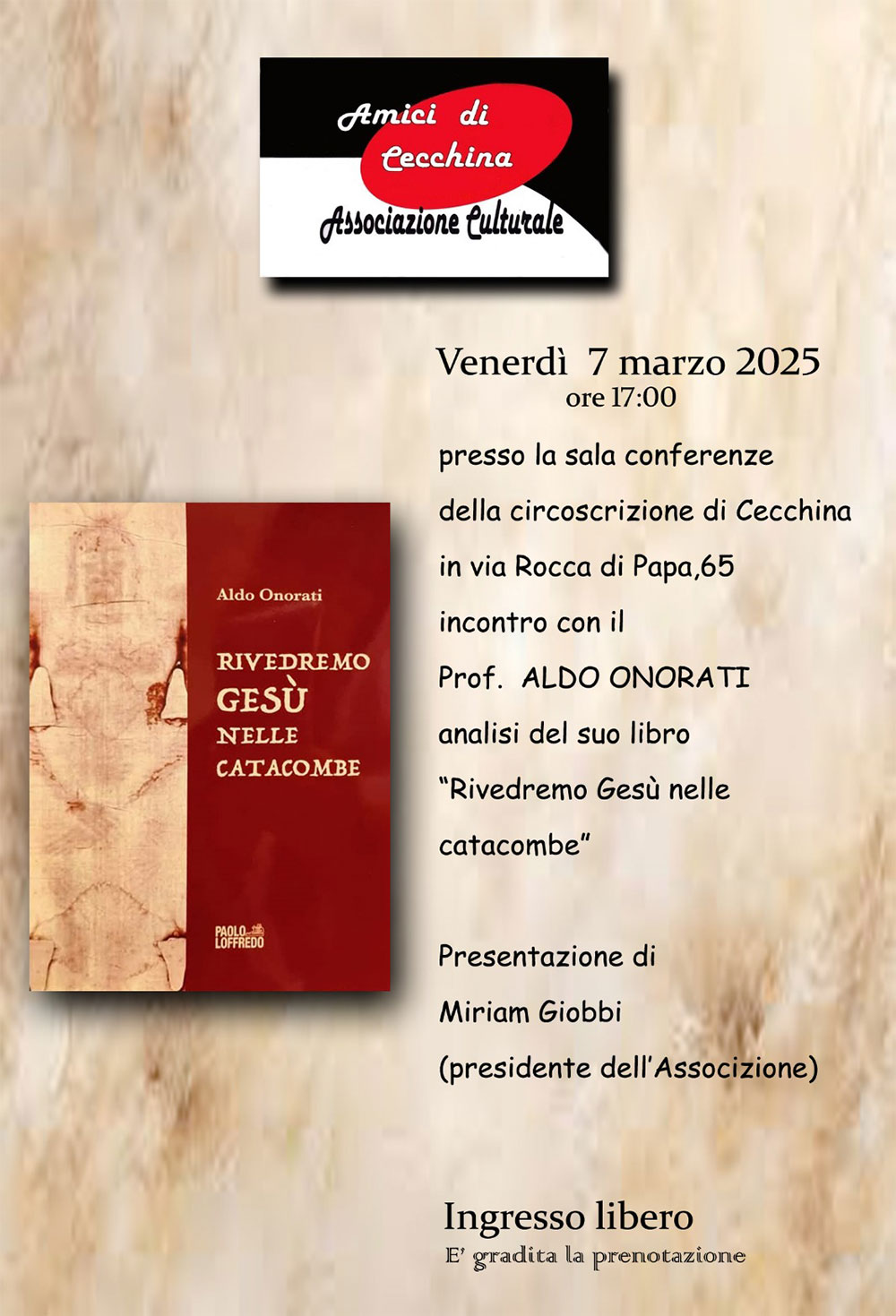 Paolo Loffredo, sixth generation of a large family of publishers and booksellers engaged in the production and distribution of books since the late nineteenth century, creates in 2012 the new editorial company Paolo Loffredo Editore. The historical site was until the '80s in the heart of the historic centre of Naples in Via San Biagio dei Librai, lower Decumano and also known as the SpaccaNapoli.
Paolo Loffredo, sixth generation of a large family of publishers and booksellers engaged in the production and distribution of books since the late nineteenth century, creates in 2012 the new editorial company Paolo Loffredo Editore. The historical site was until the '80s in the heart of the historic centre of Naples in Via San Biagio dei Librai, lower Decumano and also known as the SpaccaNapoli.
At the beginning of the twentieth century, Giuseppe Loffredo decided to add book selling to the book production, which definitively imposed itself after World War II with the publication of manuals for the University and for the School that succeeded in establishing themselves soon throughout Italy.
LAST EVENT
"Rivedremo Gesù nelle catacombe"
07 Marzo 2025 - Sala Conferenze circoscrizione di Cecchina - via Rocca di Papa 65, Albano Laziale (RM) - ore 17,00

Translation theory and practice
ISSN: 2611-1349
Language: English
Publisher : Paolo Loffredo Editore Srl

Description
Translation theory and practice. Cultural differences in tourism and advertising
Starting from the awareness that also in the field of specialised translation the cultural dimension is central, this volume reflects the many ways in which the “Cultural Turn” in Translation Studies has influenced different theoretical approaches and translation methodologies. The volume starts from the premise that nowadays, specialised translation is recognized as a research field in its own right. For a long time, the cultural aspect, which has been considered as central only in literary translation, has acquired relevance also in specialised translation. The growing awareness of cultural factors in LSP translation demonstrates that it is of crucial importance also in this field. The translator has many factors to consider: extra-linguistic phenomena together with the translation of intra-linguistic and pragmatic issues.
Looking backwards at different methodological approaches, the volume wants to demonstrate how different scholars have tackled the issue of culture in translation and how in the last decades we have witnessed a re-elaboration of the concept of Cultural Translation. The “Cultural Turn” has shifted the focus on many aspects of the practice of translation, first of all on the translator’s ethics and agency which have acquired importance and status in the debate of how to translate texts from one linguistic/cultural context to another. Secondly, on the conceptualization of different subject fields in different cultures and the distinct characteristics of textual typologies in source and target cultures, that bring to a different adaptation of genres and communicative strategies. Thirdly, on the translator’s genre competence that helps in understanding the purpose of the interaction among participants, recognising the intentionality of the source text, and understanding the socio-linguistic context. The corpus is made primarily of printed advertising and tourist texts.














